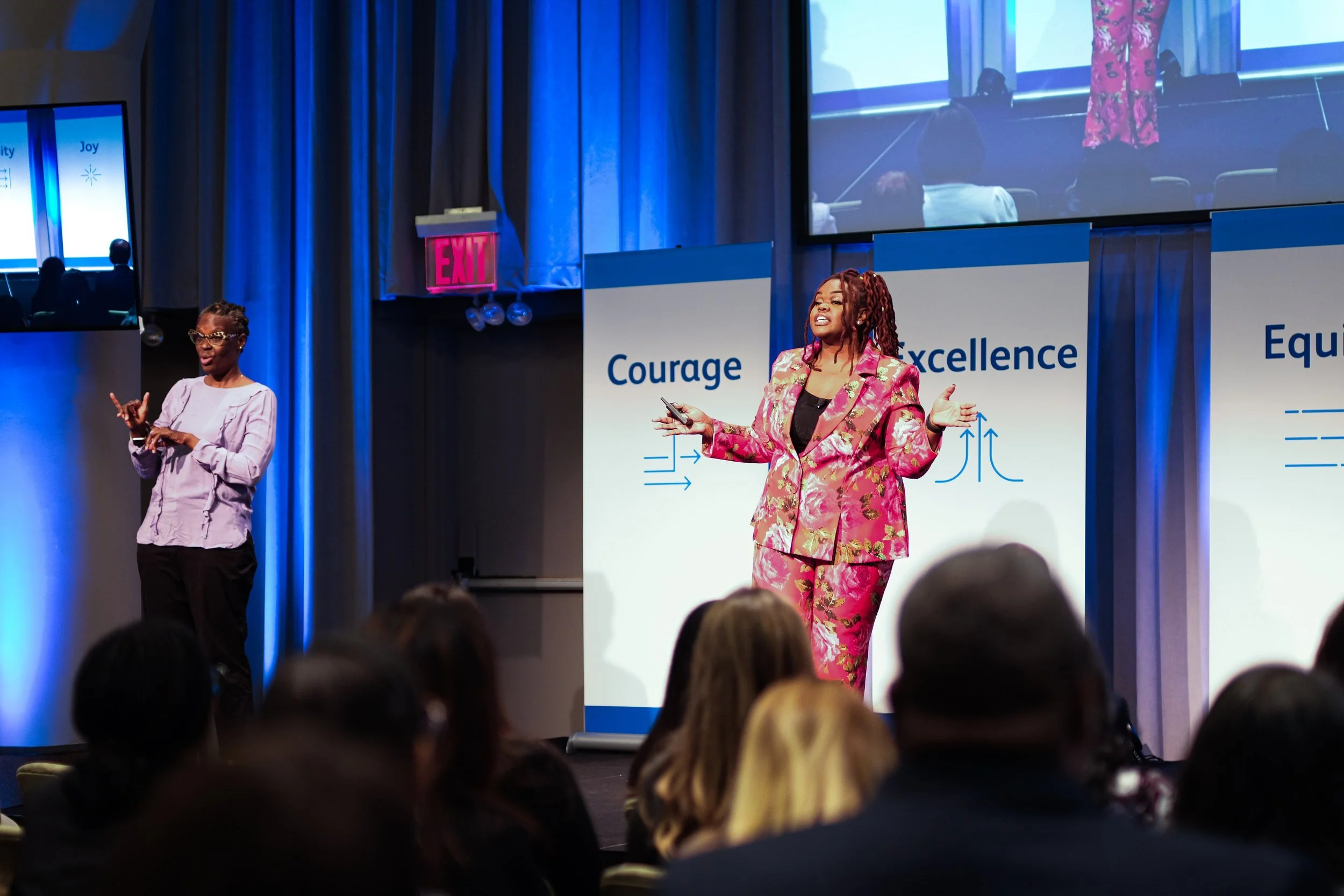Is DEI Obsolete? Embracing Diversity, Equity and Inclusion in the Modern Workplace
In recent years, the conversation around diversity, equity, and inclusion (DEI) in the workplace has gained significant traction. From corporate boardrooms to grassroots movements, there's a recognition of the importance of building diverse and inclusive environments where everyone feels valued and empowered. But as we continue to push for progress in this area, some may wonder: Is DEI becoming obsolete? Let's unpack this question and explore why embracing DEI is more important than ever in the modern workplace.
First things first, let's clarify what we mean by DEI. Diversity refers to the presence of differences within a given setting, whether it's differences in race, ethnicity, gender, sexual orientation, age, or socioeconomic background. Equity involves ensuring fair treatment, access, and opportunities for all individuals, regardless of their background or identity. Inclusion, on the other hand, is about creating a sense of belonging where everyone's perspectives and contributions are valued and respected.
Now, you might be thinking, "With all the progress we've made, do we still need to focus on DEI?" The short answer: Absolutely. While it's true that there's been increased awareness and efforts to promote diversity and inclusion in recent years, the reality is that systemic inequalities and biases still exist in many workplaces.
Take a look at the numbers, and you'll see that there's still work to be done. According to a report by McKinsey & Company, companies in the top quartile for gender diversity on executive teams were 25% more likely to have above-average profitability than companies in the fourth quartile. Similarly, companies with more ethnically and culturally diverse executive teams were 36% more likely to outperform their peers in terms of profitability.
These statistics underscore the business case for diversity and inclusion. By embracing DEI, organizations not only foster a more equitable and just workplace, but they also position themselves for greater success and innovation. Diversity of thought, experience, and perspective leads to more robust decision-making processes and a deeper understanding of customer needs and market trends.
But it's not just about the bottom line. At its core, DEI is about creating environments where every individual feels valued, respected, and empowered to bring their full selves to work. It's about recognizing the inherent worth and dignity of every human being, regardless of their background or identity.
‘In reality, DEI is an ongoing journey, not a destination. It requires continuous effort, commitment, and investment from all levels of an organization.’
So, why do some people question the relevance of DEI? One common misconception is that achieving diversity and inclusion is a one-time task—a box to be checked off and then forgotten. In reality, DEI is an ongoing journey, not a destination. It requires continuous effort, commitment, and investment from all levels of an organization.
Another misconception is that DEI efforts are only relevant to certain industries or sectors. The truth is that diversity and inclusion are important in every workplace, from Fortune 500 companies to small startups, from tech firms to healthcare organizations. No matter the industry or size of the company, fostering a culture of diversity and inclusion benefits everyone. Take AI and IT for example. Eric J Rodriguez inspired to leverage technology as a catalyst for creating opportunities and fostering inclusive growth. Eric's journey from a curious youngster in Ecuador to a transformative leader in the tech industry exemplifies the profound impact of technology and innovation on bridging societal divides.
DEI is not just a matter of compliance or optics—it's a moral imperative. As members of society and as leaders in our respective fields, we have a responsibility to create workplaces that reflect the rich tapestry of humanity. We have a duty to dismantle systemic barriers and biases that perpetuate inequality and exclusion.
So, where do we go from here? How do we ensure that DEI remains a priority in the workplace?
You can start by using Joey Avilés’ GANA Framework for engaging Latinx talent: Gather Insights, Adapt Approaches, Nurture Culture, and Advance Inclusion. Learn to Gather insights from Latinx cultural trends, Adapt recruitment strategies to reflect these insights, Nurture an inclusive organizational culture, and Advance inclusion through targeted DEI initiatives.
Looking to address ableism and learn more about how to make your culture and environment more welcoming for those with disabilities? Catarina Rivera is the key to understanding simple strategies to improve awareness, inclusion and accessibility.
You could also balance the scales with Ashlee Haze. She will show you how folks of historically marginalized identities can find their voices in a cis/white/hetero-centered world. Ashlee will show how we move from a culture of weaponizing privilege to one where it serves as a tool for social justice and equity.
Ashlee Haze speaking on DEI Initiatives at Pfizer
Leaders must champion DEI initiatives and lead by example, demonstrating a genuine commitment to diversity, equity, and inclusion in their words and actions. But it's not just up to leaders. Every individual has a role to play in advancing DEI in the workplace. Whether it's speaking up against discrimination, advocating for inclusive policies and practices, or actively listening to the experiences of others, we all have the power to drive positive change.
Are you looking for a way to improve your DEI strategies and initiatives? Take a look at Rooted in Equity. Their team curates custom, multi-touch programs aligned with your organizations’ goals to create and operationalize equity, inclusion, and antiracism goals.
DEI is far from obsolete—it's more relevant and necessary than ever before. As we navigate the complexities of the modern workplace, let's recommit ourselves to building diverse, equitable, and inclusive environments where everyone can thrive. By embracing DEI, we not only create stronger, more resilient organizations, but we also contribute to a more just and equitable society for all.


